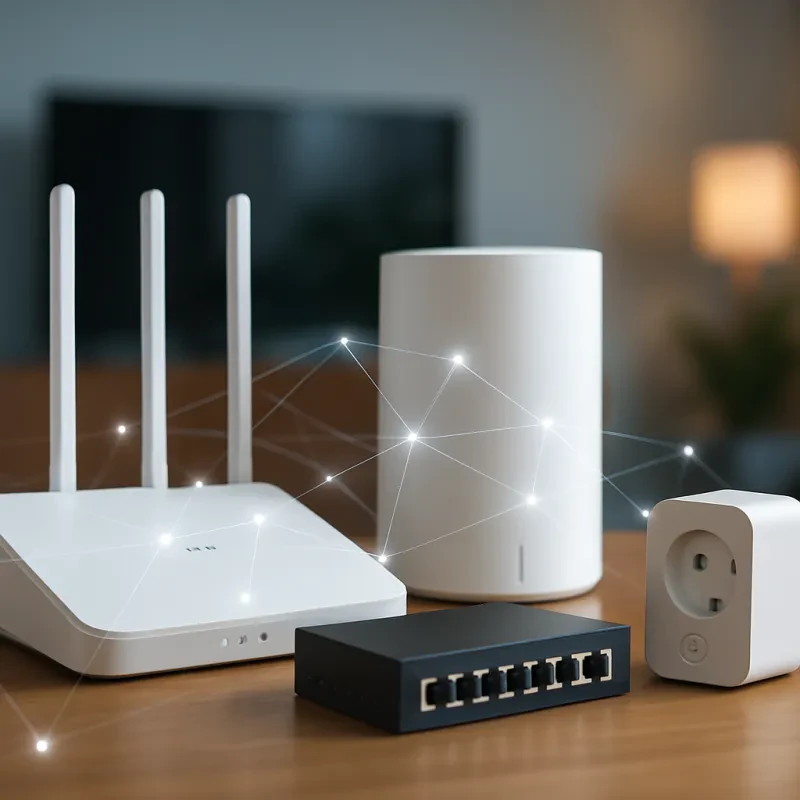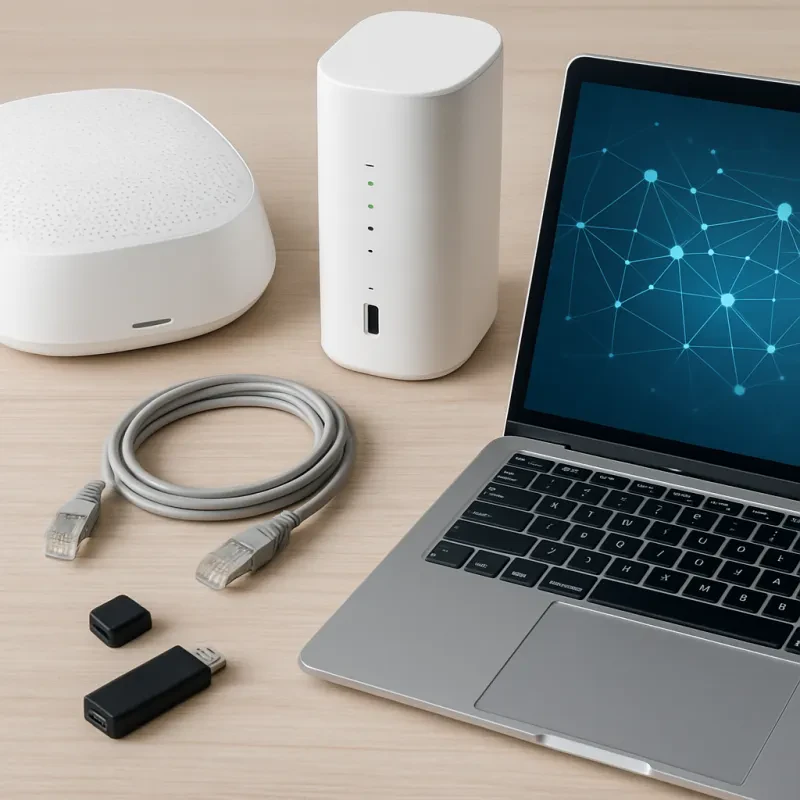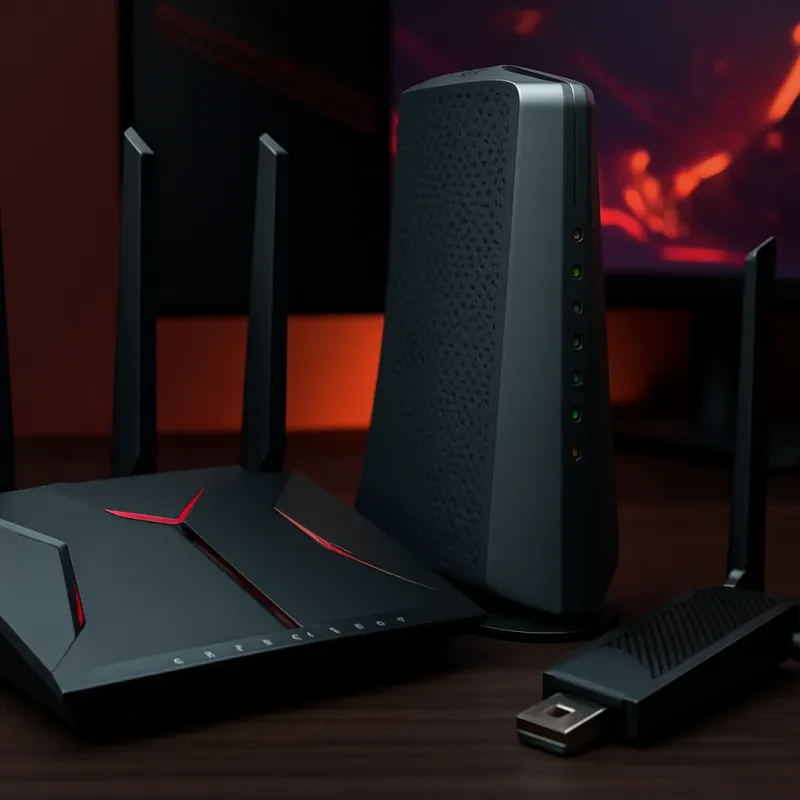In today's fast-paced digital world, having a high-speed internet connection is more crucial than ever before. From streaming movies and music to online gaming and video conferencing, a reliable and fast internet connection is a necessity for nearly all aspects of our modern lives. Slow internet speeds can lead to frustration, lagging video calls, and interrupted downloads, making it difficult to stay connected and productive.
With the increasing demand for high-speed internet, selecting the perfect modem is essential for ensuring fast and reliable connectivity. A modem is a crucial piece of equipment that connects your home to your internet service provider, allowing you to access the internet. Choosing the right modem can make a significant difference in the speed and reliability of your internet connection, ultimately enhancing your online experience.
When selecting a modem for fast internet speeds, there are several factors to consider, including the type of internet service you have, your internet usage habits, and the speed capabilities of the modem. It's important to choose a modem that is compatible with your internet service provider and offers the speed and performance you need to support your online activities. By selecting the perfect modem for fast internet speeds, you can enjoy seamless online experiences and maximize your productivity in today's digital age.
Understanding Modem Compatibility and Performance
When choosing the perfect modem for fast internet speeds, it's important to understand modem compatibility and performance to ensure you're getting the most out of your internet connection. Modems come in various types, including cable, DSL, and fiber-optic, each with its own unique capabilities and limitations. Before making a decision, it's essential to know which type of modem is compatible with your internet service provider and the speeds they offer.
Modem performance plays a crucial role in determining the speed and reliability of your internet connection. Factors such as the modem's DOCSIS version for cable modems or its ADSL/ADSL2+ compatibility for DSL modems can significantly impact your internet speeds. For example, a modem that supports DOCSIS 3.0 or higher is capable of delivering faster download and upload speeds compared to older versions. It's also important to consider the number of channels your modem supports, as more channels mean higher data transfer rates and improved performance.
In addition to compatibility and performance, you should also consider other features such as built-in routers, wireless capabilities, and security features when selecting a modem. A modem-router combo can save you space and money compared to buying separate devices, while wireless capabilities allow you to connect multiple devices to the internet without the need for additional equipment. Security features such as firewall protection and WPA2 encryption can help protect your network from cyber threats and unauthorized access, ensuring a safe and secure internet experience.
Comparing Modem Types: Cable, DSL, Fiber
When it comes to choosing the right modem for fast internet speeds, it's important to understand the differences between cable, DSL, and fiber options. Cable modems use coaxial cables to deliver internet connectivity, making them a popular choice for high-speed internet. They typically offer faster speeds than DSL modems and are more widely available in urban and suburban areas. Cable modems are easy to install and provide reliable internet connections for streaming, gaming, and other online activities.
On the other hand, DSL modems use telephone lines to deliver internet connectivity. While DSL speeds can vary depending on your distance from the provider's central office, they are generally slower than cable modems. DSL modems are a good option for those in rural areas where cable internet may not be available. They are typically cheaper than cable modems and are a good choice for basic internet usage like browsing the web and checking email.
Fiber modems use fiber-optic cables to deliver internet connectivity, offering the fastest speeds of the three modem types. Fiber internet is ideal for heavy internet users who require ultra-fast speeds for streaming in HD, online gaming, and large file downloads. While fiber internet is more expensive than cable or DSL options, it provides a more reliable connection and faster upload and download speeds. Fiber internet is the top choice for those looking for the fastest and most reliable internet connection available.
Tips for Choosing the Best Modem Model
When it comes to selecting the perfect modem for fast internet speeds, there are a few key factors to consider. The first thing you'll want to think about is the type of internet service you have. Different modems are designed to work with specific types of service, so make sure you choose one that is compatible with your provider.
Another important consideration is the speed of the modem. If you want to enjoy fast internet speeds, it's essential to select a modem that can handle the level of performance you desire. Look for modems that are rated for high-speed connections and have the capacity to support your internet usage habits.
Additionally, you'll want to consider the number of devices that will be connected to your modem. If you have a large household with multiple users and devices, you may want to opt for a modem with multiple Ethernet ports or Wi-Fi capabilities to ensure everyone can stay connected without any slowdowns.
Finally, don't forget to check out reviews and ratings for different modem models. Hearing from other users about their experiences with a particular modem can give you valuable insights into its performance and reliability. Take the time to research and compare different options before making your final decision.


